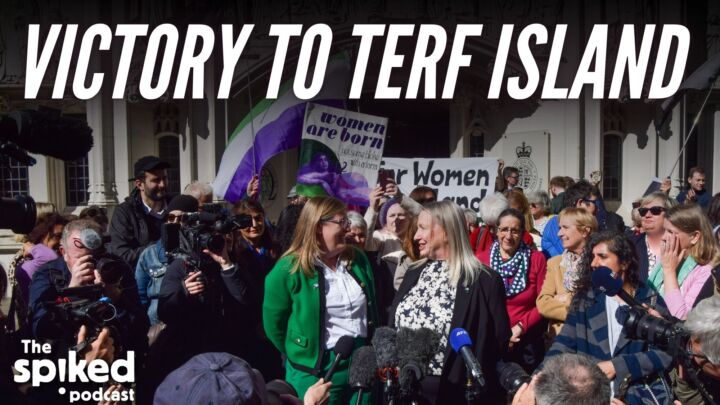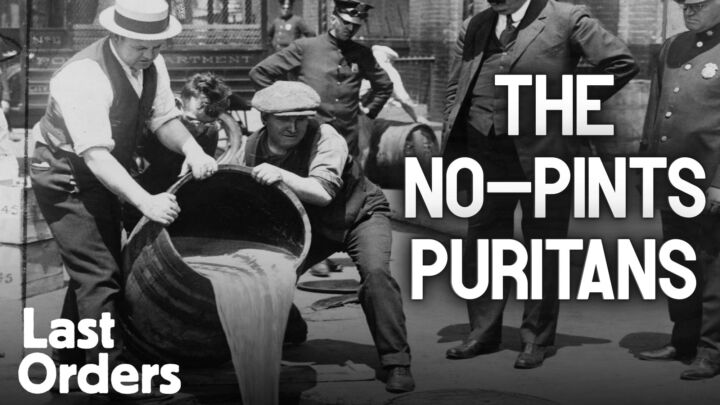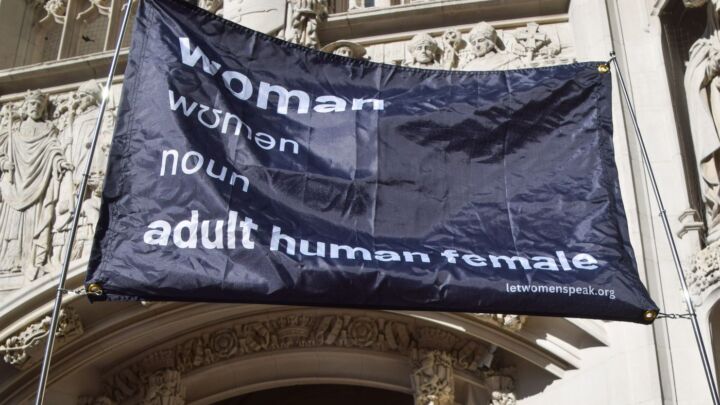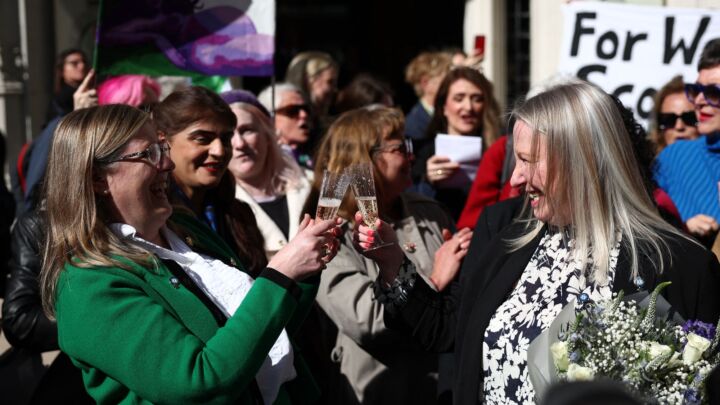Hands off tribespeople, because ‘progress kills’
The Westerners campaigning to preserve tribes such as India’s Jarawa are driven by anti-modern misanthropy.

Want to read spiked ad-free? Become a spiked supporter.
‘They are stuck in time somewhere between the Stone and Iron Age.’ That was how Indian MP Bishnu Pada Ray last week described the Jarawa tribe. Ray is the only MP on the Andaman Islands, a part of India, where the tribe is based. His recent proposal to apply ‘drastic mainstreaming treatment’ to the Jarawa – including introducing six months of compulsory schooling for Jarawa children aged between six and 12 – has provoked condemnation from organisations as far afield as Australia and Brazil.
Of course, regardless of how backward their customs and habits may be, the state should have no right to coerce people into modernity. The history of state attempts to integrate tribes into mainstream society shows that they usually end in failure. Ray’s desire to teach the Jarawa children basic reading and writing skills, give them lessons in hygiene and introduce them to modern technologies can only be done with the consent of the tribespeople, not by force. However, the demand by Western-based primitivists, by privileged individuals who fancy themselves as the spokespeople of hidden tribes, that the Jarawa be left completely alone is a far worse proposition than anything Ray is suggesting.
The Jarawa tribe have been on the Andaman Islands since migrating from Africa around 65,000 years ago, and there are signs that they are beginning to open up to the modern world. For decades, these men and women, characteristically short, with dark skin and curly hair, lived in the forests in self-imposed isolation from other inhabitants of the islands, firing arrows and sometimes killing individuals who strayed on to their territory. Yet since 1997, the Jarawa have taken a much more open approach to the outside world, visiting other islands and often waiting on the side of the Andaman Trunk Road that cuts through Jarawa territory to ask for food and gifts from people driving by.
Young members of the Jawara tribe sometimes wear jeans and t-shirts, have developed a taste for sweets and biscuits, and have been heard singing popular Bollywood songs. A teacher has reported that two Jarawa children, having observed other children at a local school, asked whether they could also attend. At a recent meeting with government officials, a Jarawa spokesman asked for schools and mobile phones.
Ray has been attacked for saying he wants to modernise the Jarawa. Yet the current state policy in relation to the tribe is effectively to force them to remain in the Stone Age. In the name of ‘protecting the tribe’, there are strict policies designed to prevent other islanders and visitors from interacting with them. Roadsigns on the Andaman Trunk Road instruct visitors not to stop their vehicles in the Jarawa area or to give the tribespeople food and clothing. In 2007, an expanded five-kilometre ‘buffer zone’ was established around the Jarawa tribal reserves on the Middle and South Andaman Islands, which other inhabitants of the island are forbidden to enter, in an attempt to minimise interaction between the Jarawa and the outside world.
Understandably, this privileged treatment of the 200-300 members of the Jarawa tribe has caused some resentment among many of the other 400,000 residents of the Andaman Islands. So despite there being poverty in the surrounding villages, hunting, fishing or harvesting the bountiful land designated as ‘Jarawa territory’ is strictly prohibited. Plans to build a railway linking the towns of Port Blair with Diglipur are on hold indefinitely, due to restrictions on any further building on ‘Jarawa territory’; instead, islanders are forced to take to the sea to get from one part of the island to another.
Why is Indian and Andaman government policy currently designed to make life difficult for the islands’ inhabitants in the name of preserving the way of life of the Jarawa? A very large part of the problem is the intervention of various Western NGOs, which are fighting tooth-and-nail to keep the Jarawa people cut off from the people and things of the modern world.
Steven Corry is director-general of the influential NGO Survival International (SI), which claims to speak on behalf of the interests of tribespeoples around the world. In a 2003 consultation report conducted by an ‘expert committee’ for the Andaman and Nicobar Administration, which has been very influential in terms of shaping current state policy towards the Jarawa tribe, Corry attacked the idea that the Jarawa are ‘backward’, arguing: ‘Such an idea is a racist notion based on ethnocentric thinking which does not stand up to objective scrutiny and which is nowadays discredited by most social scientists.’ He said that if the Jarawa are forced into ‘disastrous contact with the outside world’, this would ‘amount to genocide in terms of the UN Convention on the Prevention and Punishment of the Crime of Genocide, to which India is a signatory’.
Survival International’s attitude towards progress is pretty clear. Its website lists the diseases and afflictions that it sees as being associated with modernity: HIV/AIDS, starvation, obesity, suicide, addiction. SI’s influential report, Progress Can Kill: How Imposed Development Destroys the Health of the Tribal Peoples, condemns the treatment of Jarawas in modern hospitals, where they are washed with soap and given clothes. In its view, Jarawas should not be given clothes, as they have no tradition of wearing them; the clothes they are given ‘often remain unwashed, causing skin diseases’.
However, health grounds are not the only basis on which SI opposes giving the Jarawa clothes… Gok Wan-style, SI has also criticised the colour of the clothing given to tribespeople. Its report states: ‘In one day, we experienced two contacts with Jarawa. The first time… they were sitting on hospital beds, clothed in ill-fitting garments of ridiculous colours and shapes, staring vacantly at the visitors. Cut to a different scene: in the natural environment of the rainforests[,] we saw them, vital and energetic, unencumbered with clothes, holding babies, making hunting implements.’
Such observations reveal the deep disdain for modernity held by Survival International and other ‘pro-tribe’ NGOs. The Jarawa represent their ideal of the noble savage, cut off from the corrupt, disease-ridden mess that we call ‘civilisation’. These tribespeople are apparently wiser than those in the Third World who chase the modern dream. So when it was revealed that the Jarawa tribe escaped unscathed from the terrible tsunami of 2004, as they headed to higher ground, Steven Corry scoffed in a letter to the Independent on Sunday: ‘Who’s primitive?’ Apparently it was too much development in other parts of India and Asia, rather than too little, which caused more than 230,000 people to die in the tsunami; maybe if all people in Asia lived like the Jarawa, they would be happier – or at least still alive. This crude idealisation of tribal people living in harmony with nature sounds so much like James Cameron’s Avatar that it is unsurprising that members of SI have taken to going on protests dressed as Na’vi, declaring that they are defending the ‘real Avatar tribe’.
Some critics accuse ‘pro-tribe’ NGOs of keeping these tribespeople as ‘museum pieces’. In fact, for these Western anti-modernists, tribes such as the Jarawa don’t represent a fascinating glimpse into the life of early man but rather represent an ideal way of life for today. Rather than calling them ‘museum pieces’, they refer to tribes as ‘Human Ecology’. The Jarawa, as well as the Onge and Sentinelese tribes that also inhabit the Andaman Islands, are treated like beautiful but endangered flowers in a delicate ecosystem. A recent UNESCO report on the Jarawa tribal reserve gushed about the ‘symbiosis of nature and culture’.
By lobbying to keep the Jarawa isolated from external influences, NGOs are not protecting them from ‘genocide’. Instead they are preventing them from engaging in that most basic human activity of interacting with and assimilating other cultures. Trying to preserve the Jarawa as ‘human ecology’ limits these people’s horizons, stunts their development, and deprives them of their right to self-determination as equally as if the state did force them into ‘drastic mainstreaming treatment’, as the local MP has suggested. SI disingenuously says that ‘no one has been able to consult the Jarawa about what they want because no one speaks their language’ – yet it has no qualms about speaking on the Jarawa’s behalf, turning them into ventriloquist’s dummies for its own petty, privileged prejudices against modern life.
Patrick Hayes is a co-founder of the Institute of Ideas’ Current Affairs Forum and one of the organisers of the Battle of Ideas festival.
Masthead image: Professor Vishvajit Pandya. See the article from which the image was sourced here.










Comments
Want to join the conversation?
Only spiked supporters and patrons, who donate regularly to us, can comment on our articles.